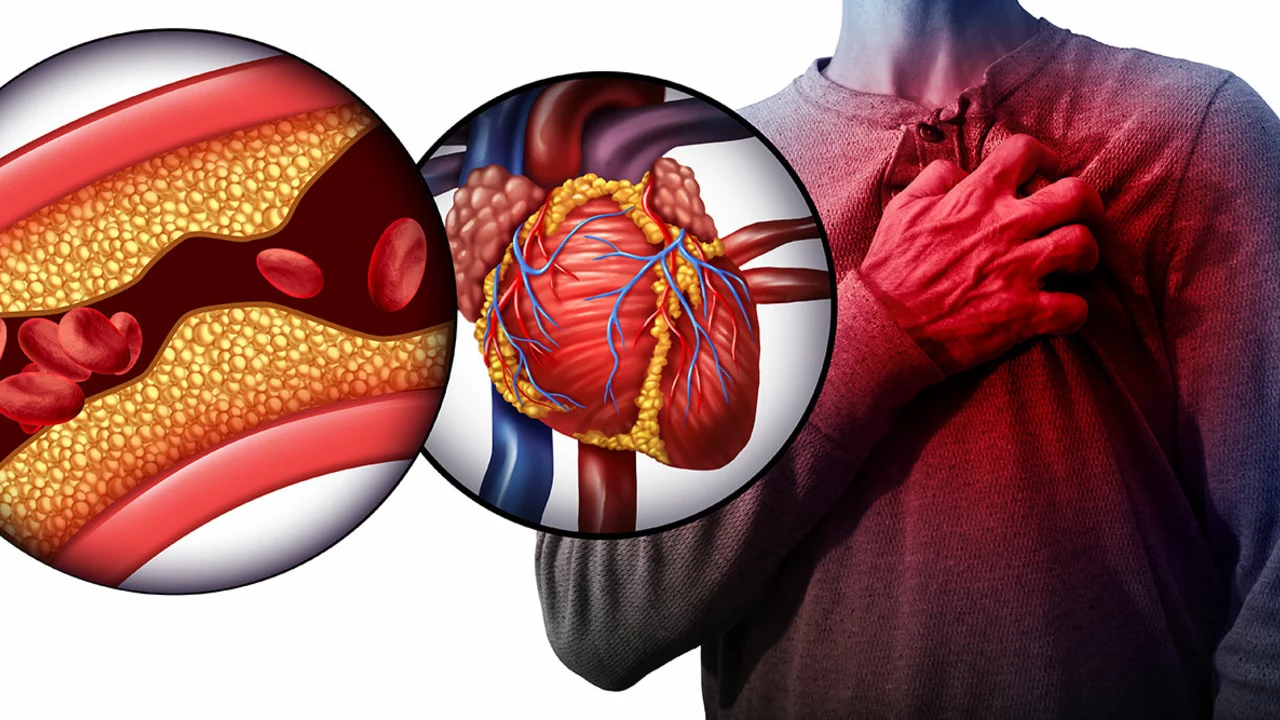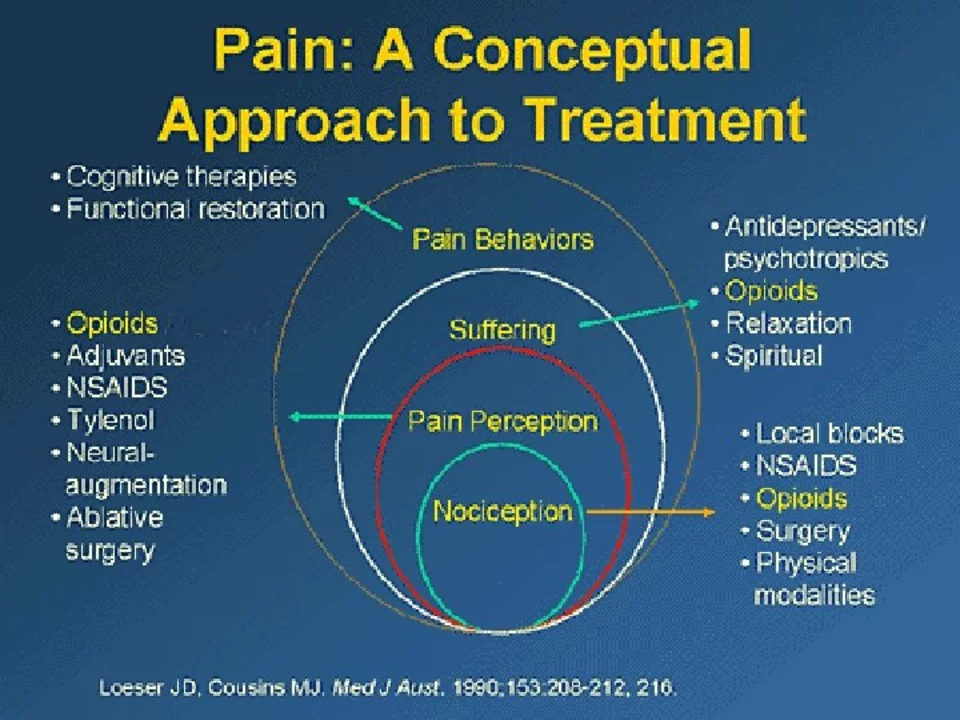June 2023 - Medications & Supplements: What We Published
June brought a mix of practical guides and drug-focused pieces you can use right away. We covered serious infections, off-label drug research, common heart medication myths, treatments for chronic itching and pain, and a popular natural supplement. Each post aimed to give clear, useful info—not theory, but things you can act on or discuss with your doctor.
Headlines and quick takeaways
Amoeba infections: These can progress fast. If you have severe diarrhea, fever, or any strange neurological symptoms after travel or unsafe water exposure, seek care quickly. Simple prevention works: treat or avoid questionable water, wash hands, and be careful with raw produce when you travel.
Memantine for autism: Researchers are testing memantine (an Alzheimer’s drug) to see if it helps social and repetitive behaviors in autism. Early reports show possible benefits for some people, but evidence is limited. Don’t start memantine for autism on your own—talk to a specialist about risks, expected effects, and monitoring.
Atenolol myths busted: Atenolol is a beta-blocker often misunderstood. It’s not automatically dangerous for people with asthma—careful assessment matters—and it can be a reasonable option for some with high blood pressure. The key is matching the drug to the person and watching for side effects like fatigue or slow pulse.
Doxepin for itching: For long-term, hard-to-control itching, doxepin can help because of its strong antihistamine effects. It may also improve sleep disturbed by itching. Side effects include drowsiness and dry mouth, so start at a low dose and check interactions with other meds.
Pyridoxine (Vitamin B6) and chronic pain: B6 helps make neurotransmitters that influence pain signals and may reduce some inflammation. You can try food sources first—chickpeas, tuna, potatoes—or discuss supplements with your clinician. Avoid very high doses for long stretches without medical advice.
Buckwheat as a supplement: Buckwheat keeps showing up as a nutrient-dense, gluten-free option. It offers fiber, minerals, and antioxidants and fits well in meals as groats, flour, or noodles. Use it as part of a balanced diet rather than a single cure-all.
What to do next
If a topic here matches something you’re dealing with, jot down specific symptoms, current meds, and any allergies before you call your provider. Bring up the practical points mentioned: prevention steps for infections, realistic expectations for experimental uses like memantine, and common side effects for drugs like atenolol or doxepin. Small steps—food choices for B6, using buckwheat in recipes, or water safety when traveling—can make a big difference.
Want deeper info on any post? Check the individual articles for sources, dosing notes, and what to ask your doctor. These summaries are meant to help you spot what matters and take the right next step.
The Dangers of Amoeba Infections: What You Need to Know
Amoeba infections are a serious health concern that can lead to severe illness and even death if not promptly treated. They're caused by tiny parasites that can enter our bodies through various ways, including contaminated water or food. The symptoms can range from mild, like diarrhea, to severe, including brain damage. It's crucial to seek medical attention if you suspect you've contracted an amoeba infection, as early detection can greatly improve outcomes. Remember, prevention is key - maintain good hygiene and be cautious with what you consume, especially when traveling.
View MoreMemantine for the Treatment of Autism Spectrum Disorder
I recently came across a study on the use of Memantine for the treatment of Autism Spectrum Disorder (ASD). Memantine is a medication typically prescribed for Alzheimer's disease, but researchers are exploring its potential benefits for individuals with ASD. The drug works by regulating the activity of glutamate, a neurotransmitter in the brain, which may help improve social interaction, communication, and repetitive behaviors in those with autism. While the results so far seem promising, more extensive research is needed to fully understand its effectiveness and potential side effects. I'll definitely be keeping an eye on this developing treatment option for ASD.
View MoreAtenolol and Heart Health Myths: Debunking Misconceptions
In my latest blog post, I tackled the common misconceptions surrounding Atenolol and heart health. I found out that Atenolol, a beta-blocker medication, is often misunderstood in terms of its effectiveness and side effects. Through thorough research, I debunked several myths, such as the belief that Atenolol is dangerous for people with asthma or that it's not a suitable treatment for high blood pressure. By providing accurate information, I hope to help my readers make informed decisions about their heart health and understand the true role of Atenolol in managing cardiovascular conditions. Stay tuned for more myth-busting posts on various health topics!
View MoreDoxepin for Itching: A Relief for Chronic Pruritus Sufferers
As a chronic pruritus sufferer, I know firsthand how relentless itching can impact one's quality of life. Recently, I discovered that Doxepin, an antidepressant medication, can bring significant relief for itching. Studies have shown that Doxepin's antihistamine properties can help reduce itch intensity and improve sleep quality in patients. It's important to consult with your healthcare provider before starting any new medication, but I must say that Doxepin has been a game-changer for me. I'm grateful to have found a solution that allows me to live more comfortably and itch-free.
View MoreThe Role of Pyridoxine in Managing Chronic Pain
As a chronic pain sufferer, I've been researching different ways to manage my pain and recently discovered the role of Pyridoxine, also known as Vitamin B6. Pyridoxine plays a crucial role in managing chronic pain because it helps our body produce neurotransmitters, which regulate pain signals in the brain. Additionally, Vitamin B6 has anti-inflammatory properties that can reduce inflammation, a common cause of chronic pain. By incorporating foods rich in Pyridoxine or taking supplements, we might be able to alleviate some of the pain we experience daily. I'm definitely going to give it a try and see if it helps improve my quality of life.
View MoreBuckwheat: The Natural Dietary Supplement That's Taking the Health World by Storm
I've recently come across an amazing natural dietary supplement called Buckwheat, and it's taking the health world by storm! This superfood is packed with essential nutrients like vitamins, minerals, and antioxidants, making it a great addition to any diet. What's even better is that it's gluten-free, so it's perfect for those with gluten sensitivities or celiac disease. Plus, it's known to help regulate blood sugar levels and improve heart health. I can't wait to incorporate buckwheat into my own meals and experience these fantastic health benefits!
View More




